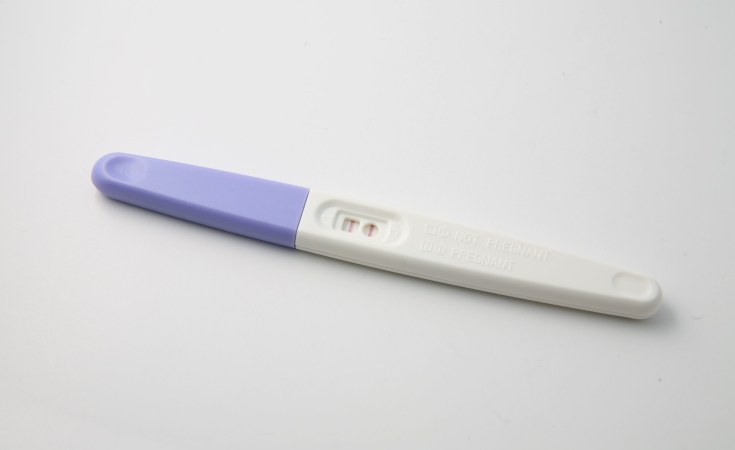The government is set to carry out a campaign about sexual reproductive health in schools countrywide after recording 22,055 teen pregnancies in 2023 triggering an increase in school dropouts.
ALSO READ: Why rise in teenage pregnancies has persisted
As the world celebrated mothers' day on Sunday, May 12, activists have also highlighted the constraints faced by teen and young single mothers when re-entering society, by analyzing causes and consequences of teenage pregnancy.
According to a report, the statistics were recorded from health centres and hospitals across the country.
It shows that over 16,650 of teen girls who gave birth were between 18 and 19 years old, 5,354 are between 17 and 14 years old while 51 are under 14.
Nyagatare District recorded 1,725 cases which is the highest compared to other districts.
It is followed by Gatsibo district with more than 1,500 teen pregnancies.
ALSO READ: Over 78,000 babies born to teen mothers in four years
Despite the rising number, the culprits are yet to be brought to justice.
The Eastern Province recorded 8,801 teen pregnancies but only 70 men were brought to justice.
So far, 10 of them have been sentenced.
ALSO READ: Five ways we can tackle teenage pregnancies
"Teen pregnancies have a lot of effects including school dropouts. According to 2020 statistics, 5 per cent of teen girls aged between 15 and 19 are impregnated every year. That is why we continue to conduct campaigns in all schools. We have to educate both children and parents.
The campaign started at G.S Kimisange in Kicukiro District," said Christian Niyirora, the spokesperson for the Ministry of Gender and Family Promotion (MIGEPROF).
He added that there is a need for concerted efforts to bring culprits to justice.
"Parents and victims of defilement should embrace the culture of reporting the cases. Concealing the information is derailing justice for the teen mothers," he noted.
Assia Ufitese, a resident of Kicukiro district, was impregnated in 2023 when she was 18 years old and immediately dropped out of secondary school.
Her child is currently four months old.
"The person who impregnated me was 27. I am facing hurdles due to unwanted pregnancy. I have no job and cannot easily afford basic needs for myself and the kid. I am currently learning TVET so that I will be able to create my own job or easily get it. Early pregnancies are derailing teen girls' dreams. I had dreams to complete high school and university level," she said.
ALSO READ: The daunting effects of teenage pregnancy
Francis Nuwagaba, Deputy Chief of Party-USAID Igire Wiyubake which is partnering in the battle against teen pregnancies in schools said that there is need for different techniques in educating youth and children about sexual reproduction to curb the rising trend of teen pregnancies.
The initiative is proactively fighting HIV by decreasing the spread of infection and reducing vulnerabilities among orphans, vulnerable children and their households, as well as adolescent girls and young women.
The Rwandan government and women's rights advocates are translating a UNESCO toolkit into Kinyarwanda at a cost of nearly Rwf1 billion which will assist parents, teachers, and guardians in educating children and youth on sexual and reproductive health to address teen pregnancies.
"We are targeting the schools because children up to the age of 19 are the primary victims of teen pregnancies. Enough knowledge about sexual reproductive health is needed to avoid the impact," he said.
He said they are also working with lawyers to ensure legal aid for teen mothers.
Only 15% of suspects' cases taken to courts
According to a situational analysis of teenage pregnancy and teen mothers in Rwanda (2020) by Legal Aid Forum and AJPRODHO-JIJUKIRWA, a non-governmental organisation working to improve the rights of disadvantaged youth, women and children in Rwanda, in relation to access to justice, the study revealed that only 15% of suspects' cases were taken to courts and 85% were not.
49 per cent of teenagers who got pregnant were defiled while other factors that led to high pregnancy rates among teenage girls was peer influence (33 per cent) and other factors such as technology development, the quest for material needs, lack of parenting and knowledge on sexual and reproductive health were also highlighted.
The main reasons for not taking cases to courts was financial support from the suspect (46%) followed by prospect to get married (17%) and emotional attachment (16%) to their male partners.


